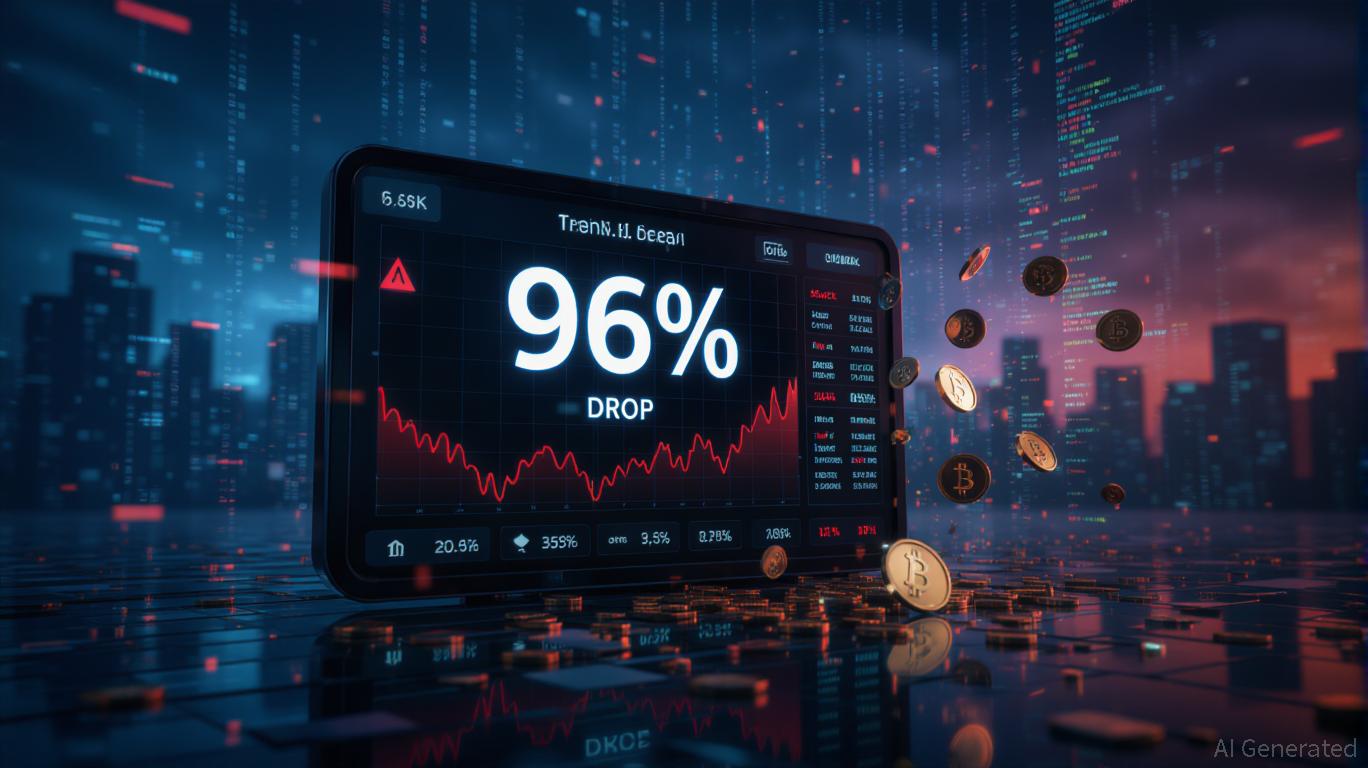Trump Attributes Stock Market Highs to New Tariffs
- Trump credits tariffs for stock market gains.
- Market volatility accompanies gains.
- U.S. tariff revenue reaches $30 billion monthly.
President Donald Trump announced that U.S. stock market strength is attributed to tariffs implemented during his second term, affecting indexes significantly since April 2025.
Market volatility and increased tariff revenues have emerged, with sharp equity selloffs and gold gaining preference, revealing heightened investor caution and economic uncertainty.
President Donald Trump has reported that the U.S. stock market is thriving due to tariffs placed on imported goods. The tariffs, initiated during his second term, are being credited for recent highs in market indices and national security.
The primary figure is President Trump, who has resumed protectionist trade policies . He imposed tariffs across various sectors, attributing positive economic indicators to these measures through official statements, including posts on Truth Social.
While the Dow Jones, Nasdaq, and S&P 500 saw significant gains, market volatility has persisted alongside these economic shifts. Sectors affected by the tariffs include technology, pharmaceuticals, and autos, illustrating the broad impact of these policies.
The tariff measures have pushed U.S. tariff revenue beyond $30 billion monthly, a figure that has tripled from the previous year. Despite these financial gains, investors remain cautious, often turning to gold as a safe haven amid fluctuating equities. As President Trump said , “THE STOCK MARKET IS STRONGER THAN EVER BEFORE BECAUSE OF TARIFFS!”
Tariff-related decisions have influenced market movements, echoing previous trade war cycles. Investor behaviors align with historical responses to protectionist policies, turning towards assets like gold during unsettled market phases.
As the Supreme Court prepares to assess the legality of President Trump’s tariff enforcement, market observers anticipate potential regulatory repercussions. Historical data suggests such legal challenges could introduce further volatility into an already cautious market.
Disclaimer: The content of this article solely reflects the author's opinion and does not represent the platform in any capacity. This article is not intended to serve as a reference for making investment decisions.
You may also like
Why is the COAI Index Plummeting in Late 2025? Investor Confidence, Policy Changes, and What Lies Ahead for AI-Powered Learning
- COAI Index collapsed 96% in late 2025 due to governance failures, regulatory ambiguity, and AI-generated misinformation. - Centralized token distribution (97% in 10 wallets) and C3 AI's $116.8M loss exposed systemic vulnerabilities in AI-driven crypto assets. - AI-generated deepfakes and fake news triggered panic selling, accelerating the crash in emerging markets like Indonesia. - Post-crash, investors are prioritizing STEM/vocational education over speculative crypto, but funding delays and infrastruct

The Rise of MMT Token: Analyzing Driving Forces and Assessing Its Sustainability in the Cryptocurrency Market
- Momentum (MMT) token surged 1,300% in November 2025, driven by product innovation, regulatory clarity, and institutional investment. - Strategic moves included a Sui-based perpetual futures DEX, CLARITY Act/MiCA 2.0 compliance, and $10M funding for cross-chain expansion. - Institutional holdings rose 84.7%, while on-chain activity showed growing utility in real-world asset tokenization and governance models. - Risks persist: 3M tokens moved to OKX, $109M in liquidations, and 20.41% circulating supply cre

The Financial Wellness Aspect: The Influence of Investor Actions on Market Results
- Behavioral economics integrates psychology to explain how emotional, intellectual, and environmental wellness shape investor decisions and market outcomes. - Emotional resilience reduces cognitive biases like loss aversion, while intellectual engagement through AI tools improves long-term investment returns according to 2024-2025 studies. - Environmental factors such as ESG frameworks and workplace wellness programs demonstrate measurable economic benefits, including 20% higher productivity and reduced f

Regulatory Changes in U.S. Agriculture: The Impact of USDA Policy Decisions on Long-Term Investments in Livestock and Poultry Industries
- USDA’s 2023–2025 Organic Livestock and Poultry Standards (OLPS) impose stricter animal welfare rules, with phased compliance until 2029 to ease small producers’ adjustments. - Compliance costs for organic producers are high initially but projected to yield $59.1–$78.1 million annual benefits via enhanced consumer trust and premium pricing. - Investors favor scalable, tech-driven operations amid OLPS-driven capital shifts, though small producers face compliance challenges and market exit risks in poultry
